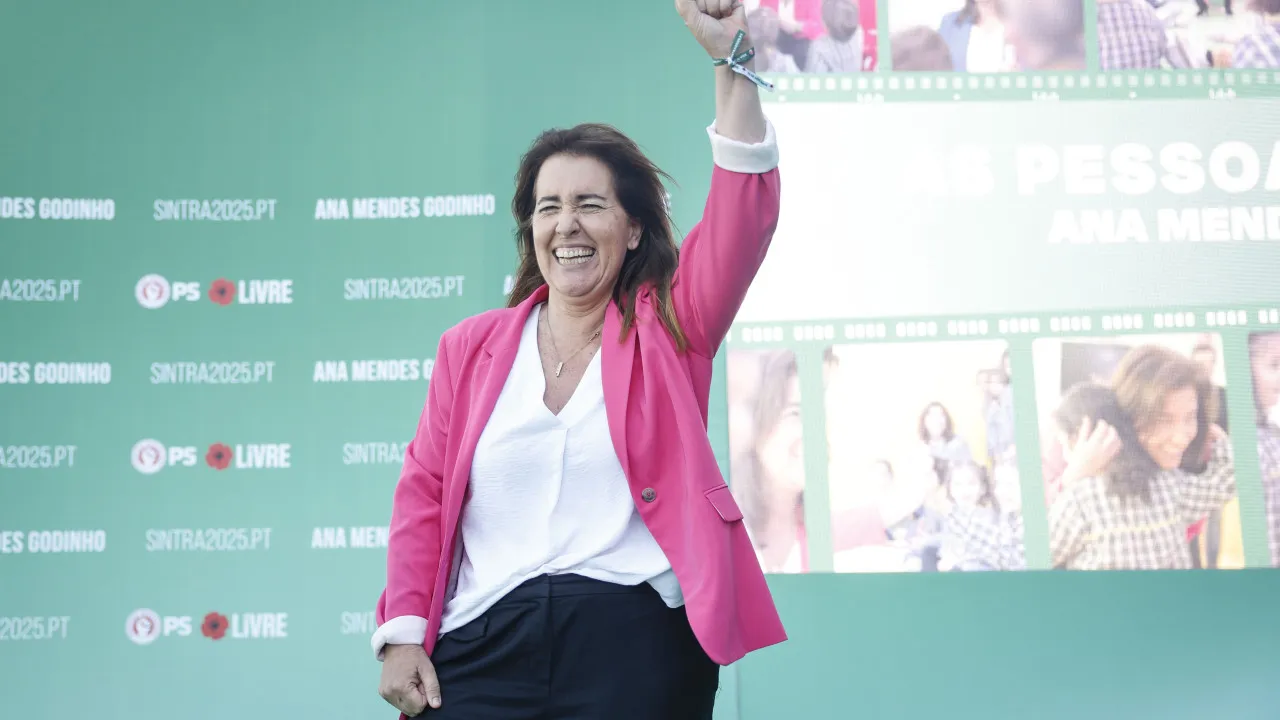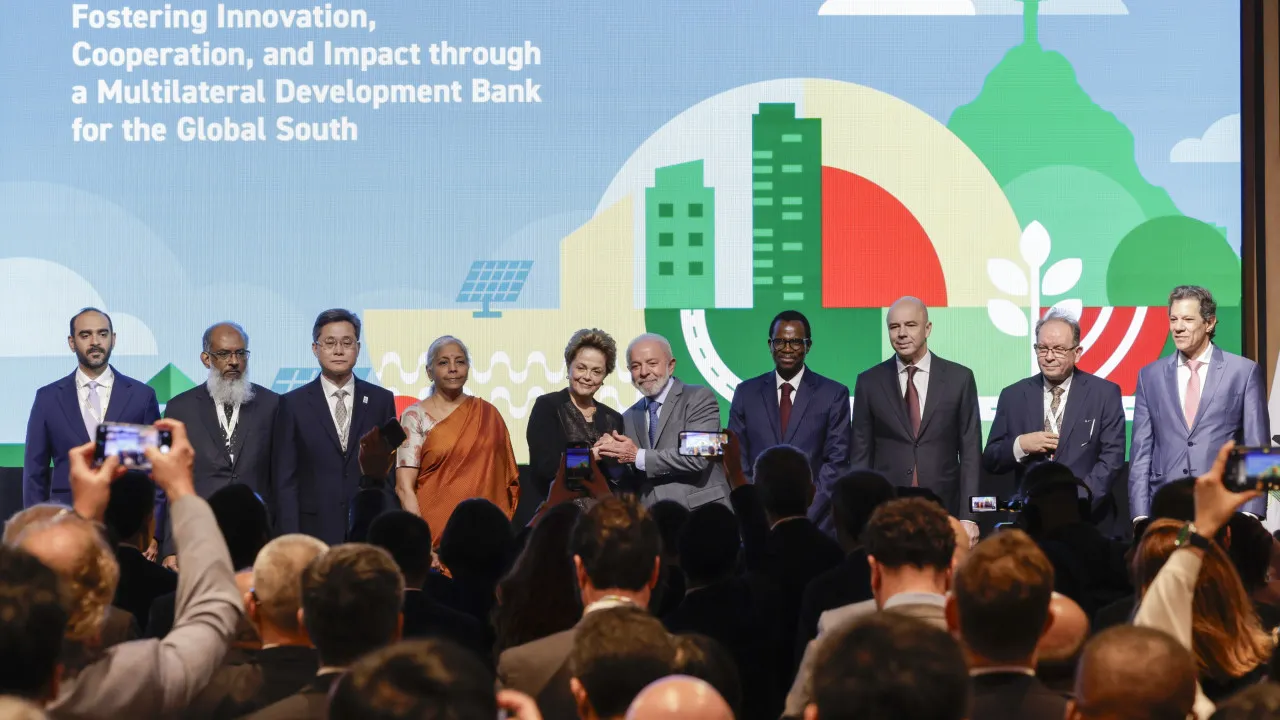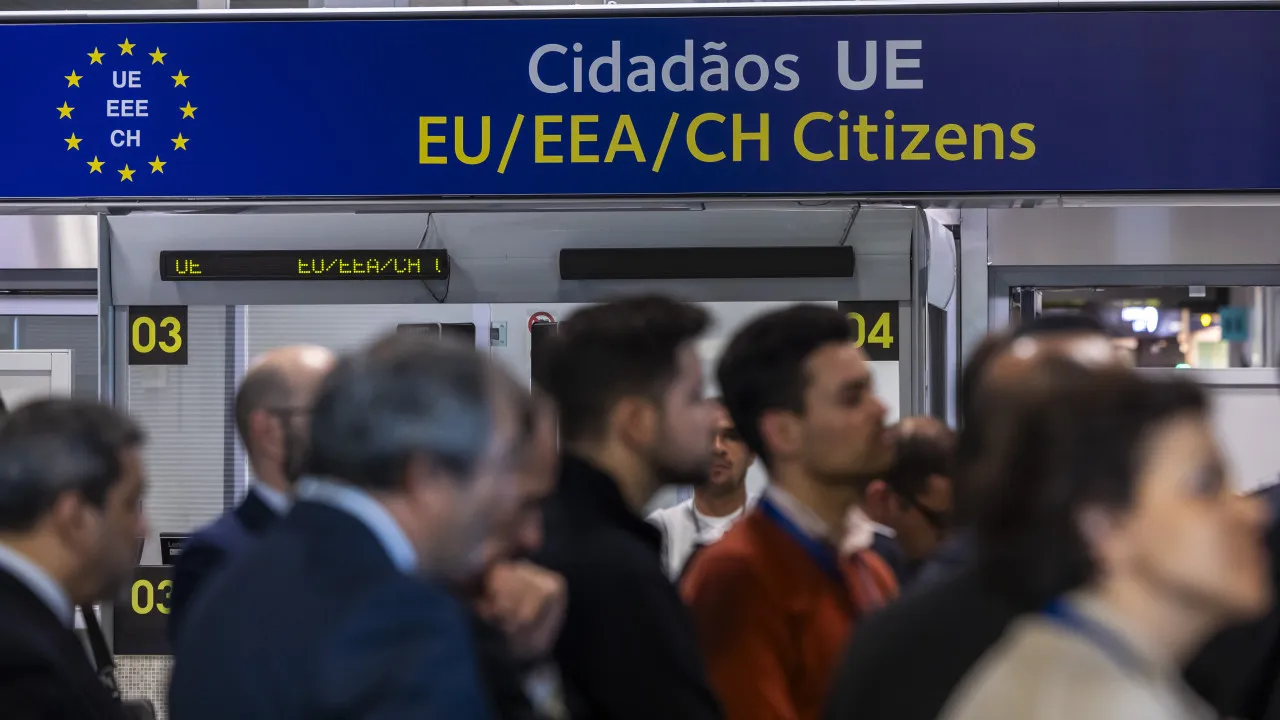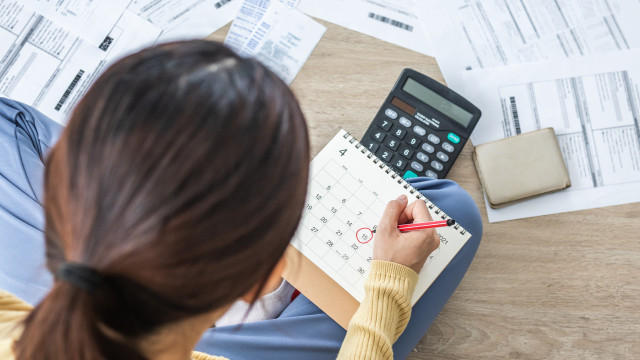CIP – Confederação Empresarial de Portugal today defended a review of VAT on the food sector so that no product is taxed at the maximum rate of 23% of that tax.
Speaking to the Lusa agency, the president of CIP, Armindo Monteiro, said that the confederation “will present, in September, a social pact built with union structures” that will defend that, already in the State Budget for 2024, no food product will be taxed at the 23% of the maximum VAT rate, in line with “most European Union countries”.
The aim, he argues, is to end a tax “that penalizes the most fragile – such as the elderly, young people and displaced workers – and the national workforce in industry”.
According to CIP, “the current tax policy taxes pre-cooked food sold in grocery stores and supermarkets as luxury products”, when “in restaurants, equivalent meals are taxed at 13%”.
In this context, the confederation intends to send “a detailed presentation to the Government, demonstrating the social and economic injustice of imposing on pre-cooked food products, frozen or not, the same VAT rate as luxury products”.
“Not only are the pre-cooked meals mostly consumed by fragile segments of the population – the elderly, young students and displaced workers – but the food is processed by national labor,” says Armindo Monteiro.
For the CIP leader, the current VAT rate of 23% “is a disincentive to industry and, above all, a punishment for the Portuguese who have difficulties in cooking and who do not go to restaurants, where the rate is 13%”.
According to Armindo Monteiro, the social pact that CIP is preparing with the trade unions will underline that the change in the VAT rate will allow “to bring Portugal closer to most of the other Member States of the European Union”, which tax food products that are intended to meet basic needs with reduced tax rates.
Based on a study by the consultancy Deloitte for the National Association of Traders and Industrialists of Food Products (ANCIPA), CIP points out “the incongruity of food from the same meal paying 13% VAT if it is served in a snack bar or restaurant or paying 23% VAT if it is sold frozen or fresh, already cooked or pre-cooked, in the supermarket or in a grocery store”.
Manuel Tarré, from the CIP board (representing food sector associations such as ANCIPA and ALIF – Association of the Cold Industry and Trade in Food Products), emphasizes that “the 23% rate penalizes elderly people with mobility problems, for whom it is difficult to prepare a meal, and who do not have the economic capacity to go to restaurants or pay for ‘take away'”.
In addition, it “penalizes young people and students who have left their parents’ home” and “also penalizes all teleworking professionals, for whom pre-prepared meals are an element of autonomy and flexibility, guaranteeing them a healthy diet”.
“This tax obstacle impoverishes the diet of people and families with fewer resources, generating revenue for the State that does not justify the damage caused: less productivity of the active population, lower school performance of students, more expenditure for the National Health Service,” he told Lusa.
In turn, the consultant Deloitte, author of the study cited by CIP, draws attention to the better sanitary quality of pre-cooked meals, when compared to a good part of what is served in small restaurants and snack bars: “Sometimes, there is no possibility of guaranteeing in these establishments as high standards of quality control as those imposed and followed in the food industry”, he maintains.







